Stories & Events
Stories & Events
Environmental change in the Arctic over recent decades is increasingly at the center of international interest. Local observations and place-based knowledge systems offer fine-grained, nuanced and holistic understanding of the Arctic system and how it is changing over time. By working together, Arctic residents and researchers can contribute to a deeper understanding of the Arctic and the social and environmental changes ongoing in the region. Read about ELOKA research, collaborations, and events.
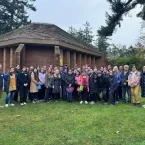
From November 13 to 15, 2025, ELOKA brought 40 individuals from our partner organizations to Victoria, British Columbia, Canada. Partners traveled from Alaska, Canada, Greenland, and Finland to spend three days learning and sharing.
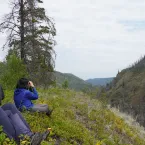

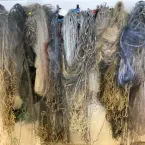
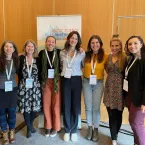
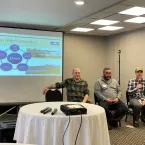
On January 30 and 31, 2024, the Exchange for Local Observations and Knowledge of the Arctic (ELOKA) worked with the Northern Indigenous Stewardship Circle and the Geomatics and Cartographic Research Centre (GCRC) of Carleton University to co-host
